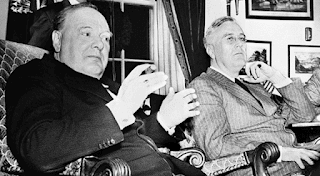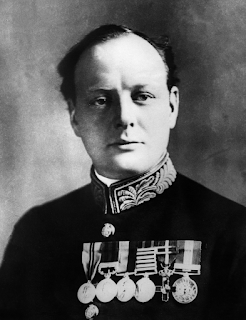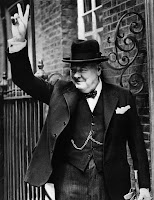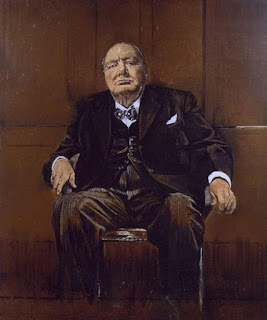Bourke Cockran and Winston Churchill

Winston Churchill c. 1950 Many historians have named Sir Winston Churchill the 20th century's best orator — some even go as far as stating that he was arguably the best British orator ever. Either conclusion can't be all that far from the truth. Churchill's speeches – especially his wartime speeches – are brilliant. From fighting on the beaches and the landing grounds to offering nothing but blood, toil, tears and sweat, Churchill was a master at summing up certain thoughts and feelings in his speeches. "He mobilized the English language and sent it into battle," said President Kennedy of Churchill. The sheer amount of speeches that Churchill produced is also incredible. Churchillian Richard Langworth notes, "To be precise you’d have to count (I won’t!) the speeches listed in the Winston S. Churchill: His Complete Speeches 1897-1963 . Rough estimate: there are forty speeches per page of contents, about eight contents pages per volume, and eig...










